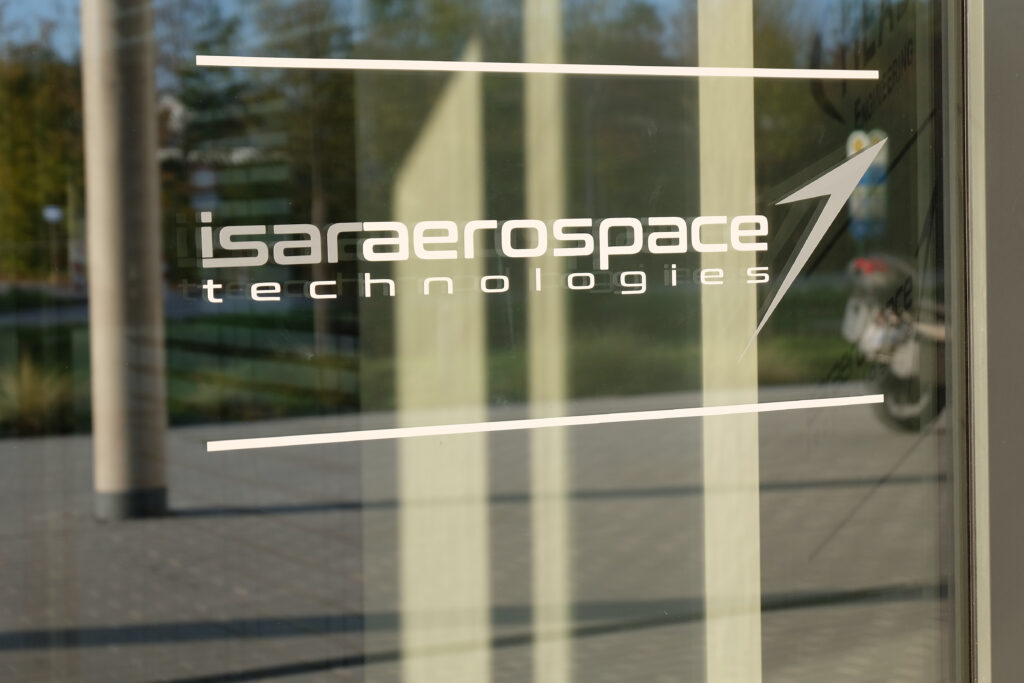Isar Aerospace, a space company based in Munich, took a significant step forward in Europe’s space program on Sunday. The company launched its Spectrum rocket for a test flight from Andøya, Norway. Despite a few challenges and weather delays, the mission was a success and marked an important moment in space exploration.
The Test Flight
The 28-meter Spectrum rocket launched at 12:30 p.m. CET on Sunday. The rocket flew for just 30 seconds before it flipped and crashed. The crash caused a powerful explosion at the launch site. While the flight did not reach orbit, it was still an important test.
Isar Aerospace’s CEO, Daniel Metzler, called the flight a success. “We achieved a clean liftoff and validated our Flight Termination System,” Metzler said. The Flight Termination System is a safety feature that destroys the rocket if it goes off course. This system was tested during the flight, showing it works as planned. Even though the flight was short, engineers collected important data. This will help them improve future missions.
Weather Delays and Challenges
The test flight had been delayed multiple times due to bad weather. The launch was first planned for earlier in the week, but strong winds and unstable weather forced the team to postpone it. Engineers had to carefully monitor the weather conditions before they could give the go-ahead for the launch.
Despite the delays, the team considered the 30-second flight a success. The main goal was not to reach orbit but to test the rocket’s systems. Engineers ran all the rocket’s systems in real conditions for the first time. This allowed them to gather valuable data that will help them improve the rocket.
A Step Toward European Space Independence
Isar Aerospace’s test flight is a big step for Europe. The company is independent of the European Space Agency (ESA), which usually launches rockets from places like French Guiana or Florida. The Spectrum rocket was launched entirely from Europe, making it the first time a European company launched a rocket designed to reach orbit on the continent.
Isar Aerospace sees this as a key moment in Europe’s space journey. By conducting this test flight, the company has shown that Europe can develop its own rockets and space missions. This could help reduce Europe’s dependence on other countries for space launches in the future.
What’s Next for Isar Aerospace?
The company plans to use the data from this test flight to make improvements. The engineers will study the data to figure out what worked and what didn’t. They hope to conduct more test flights soon, moving closer to their goal of reaching orbit. Once the rocket reaches orbit successfully, it will be able to deploy small and mid-sized satellites into space.
Isar Aerospace also hopes that its success will inspire other companies to enter the European space industry. As more companies build rockets, the cost of space launches may decrease, opening up space to more businesses, scientists, and governments. This could lead to more space missions, helping Europe compete in the global space race.
A Historic Step for Europe’s Space Industry
This test flight is not just important for Isar Aerospace but also for the whole European space industry. It shows that Europe is capable of developing its own space technology. For years, Europe has relied on the ESA and other countries for space launches. But Isar Aerospace’s launch proves that Europe can take the lead in space exploration.
The success of this test flight is a signal that Europe’s space industry is growing. More private companies, like Isar Aerospace, are entering the field. This will help create more launch options for satellites and other space missions. As these companies grow, Europe could become a bigger player in space exploration.
While the rocket did not reach orbit this time, the data gathered from this test will help Isar Aerospace make improvements for the future. The next step will be to conduct more test flights, with the goal of reaching orbit. If successful, the Spectrum rocket will be able to carry small and medium-sized payloads into space, which will be important for businesses and research organizations.
As Isar Aerospace continues to grow, it will play a central role in shaping the future of space exploration in Europe. The success of this test flight is just the beginning of what could be a new era for space exploration in Europe.
Isar Aerospace’s Spectrum rocket test was a major milestone for the company and for the European space industry. Despite the crash, the mission was seen as a success because it tested essential systems and provided valuable data. The flight marks the first time a European company launched a rocket designed to reach orbit from within Europe.
Looking forward, Isar Aerospace is set to continue developing its technology, with the goal of reaching orbit in future tests. The company’s success is an important step for Europe’s independence in space exploration and satellite launches. As the company grows, it could pave the way for more private space missions in Europe.


